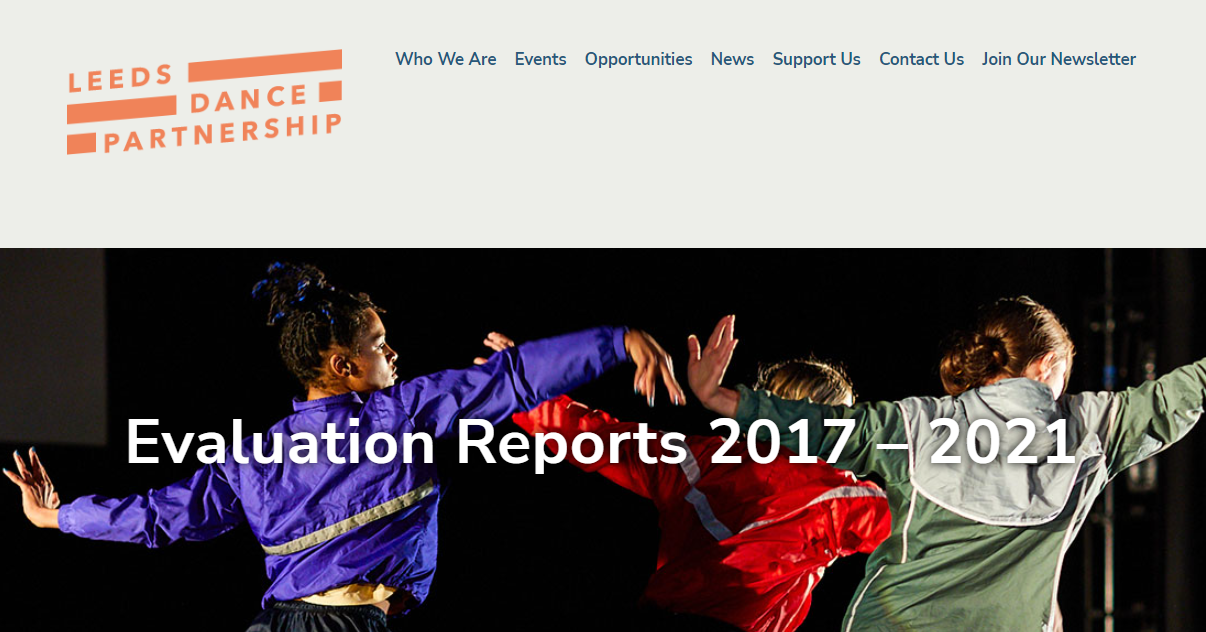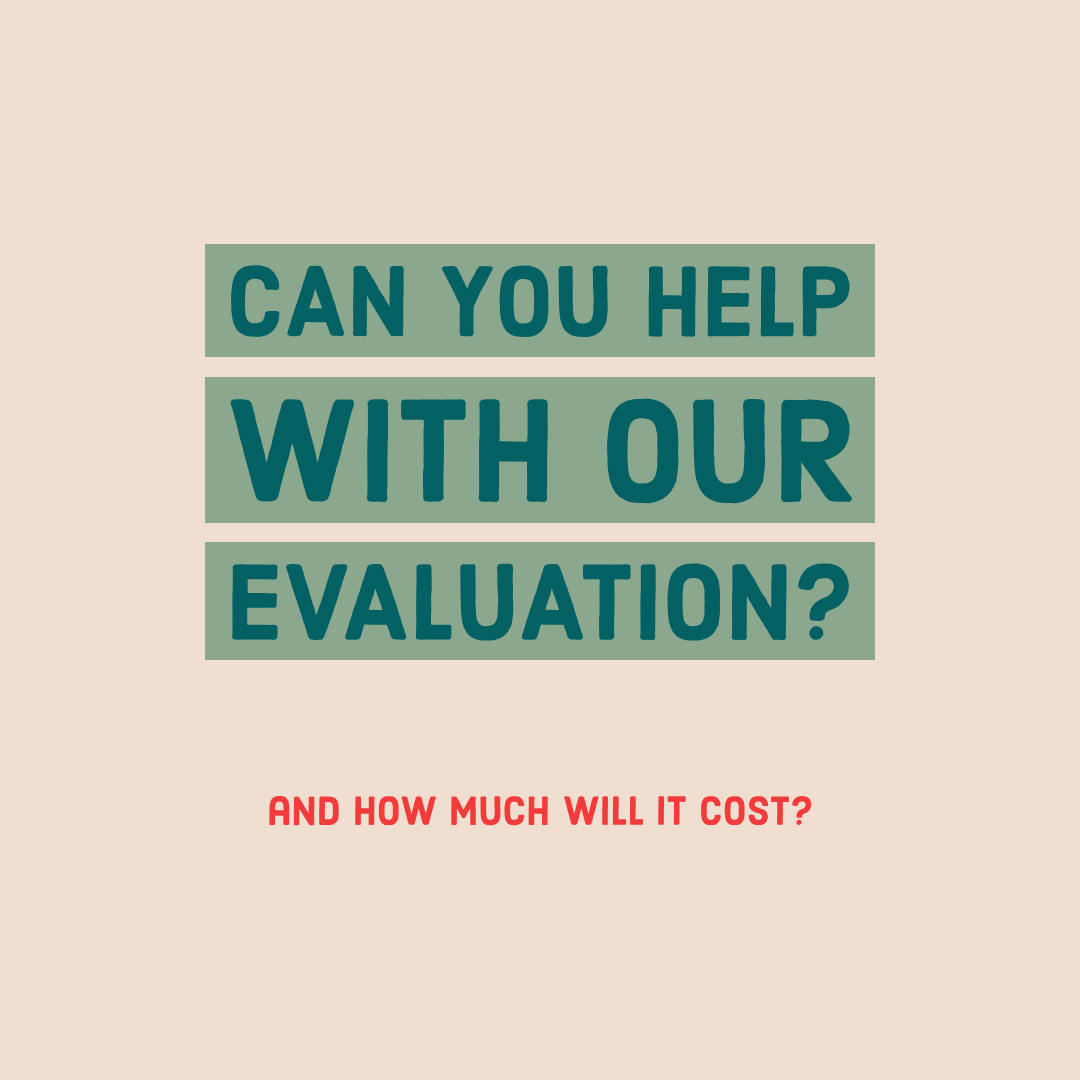|
Nothing makes me happier as an evaluator than clients who use and share the evaluation to improve their work and the work of others. It's the direct opposite of sending your report off to trustees or funders and forgetting about it. So I was delighted to find out Leeds Dance Partnership (LDP) had done exactly that. I recently completed their impact and process evaluation for the first four official years of the partnership - a three quarters of a million pound initiative supported by Arts Council England's (ACE) Ambition for Excellence scheme.
It was a very complicated partnership, programme and evaluation. Partners had to be honest, not only identifying successes, but also looking at where not everything had gone to plan. We included it all. Participants, the local and national dance sector, the Leeds cultural decision makers, and regional freelance artists all inputted to ensure a really balanced and practical set of perspectives. There was a lot to say about the achievements, pitfalls and learning along the way. And at the same time we wanted the report to be accessible, easy to find what different people needed. As soon as the report was completed, LDP sent it off to ACE ahead of a follow-up meeting. I rarely expect funders to read evaluation reports, knowing how stretched everyone's workload is. So I was delighted to hear ACE had not only read the report but also fed back their appreciation that "the report was more thorough than we expected - very good, and we welcomed the SWOT which explored the flaws as well as stating the positives." Those investing in your work really do want to see the learning process not just the good news stories (of course they want to see those too!). I thought that was the end of the story, but no. I was even more pleased when I received a message out of the blue via LinkedIn from an Organisational Development Consultant now working with Leeds Dance Partnership who said the report had been shared with her and, "I found this such a helpful and insightful piece of work that I wanted to write to say thank you as it has enabled me to engage with LDP faster and in a more informed way than would otherwise have been the case." LDP has also made the summary and full reports available for anyone via their website here or you can read it on screen / download directly from my own collection here. A variety of other examples of my evaluation reports are also available on the Example Reports page. So - these are just a couple of examples of what the point of evaluation is. It's a way to reflect, learn and evolve. It's a way to pass the memory of what happened, what worked and what didn't on from one set of people to another, to save time, stop reinventing wheels, and make the most of the resources you have. There are other reasons to do evaluation, do it well, and put it to good use. But making it publicly available and actively sharing it are a couple that really make me feel the work has been worthwhile.
0 Comments
One of the most common questions I'm asked is: can you help us with our evaluation?
My response to that is always: very probably, what do you want and what are the parameters you're thinking of regarding timeframes and budget? And what is it exactly that you want or need? Often, people don't exactly know. They know evaluation is a good thing, or at the very least that they should be doing / getting some. But sometimes that's all they know. So here are some things to consider when you want to commission some evaluation (or put it out for tender).
Firstly - if the evaluation is because an external funder expects / requires it, please do be prepared to let an evaluator see your application. They will treat it confidentially, but it is a very quick way for them to give you guidance on exactly what will work best for you. A good specialist won't be pushing a big sale, but they can help you decide which options are going to be best. Secondly - no matter how much you decide to outsource or not, an evaluator cannot do everything for you. You need a good, consistent, honest working relationship to get the best results possible. The more you put in and own it, the better the relationship and the results will be. Ideally it works as a partnership. All of this shows how I try and work with organisations wanting evaluation. This is what you can expect from me. You can also just say: "We have £x. We'd like X. Could you do that for us?" |
Details
...BlogI'm most interested in how the public, your public, whoever that may be, engages with culture and creativity.
And if it nurtures creativity and develops personal, social or professional skills I'm absolutely all ears. Categories
All
Archives
May 2023
|




 RSS Feed
RSS Feed
